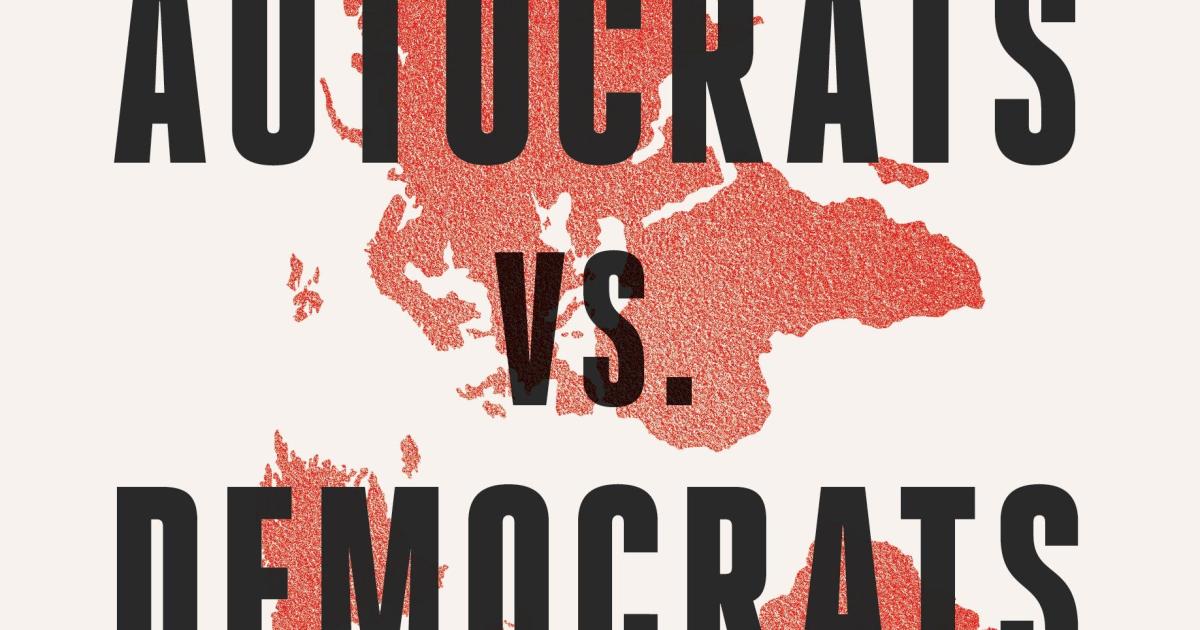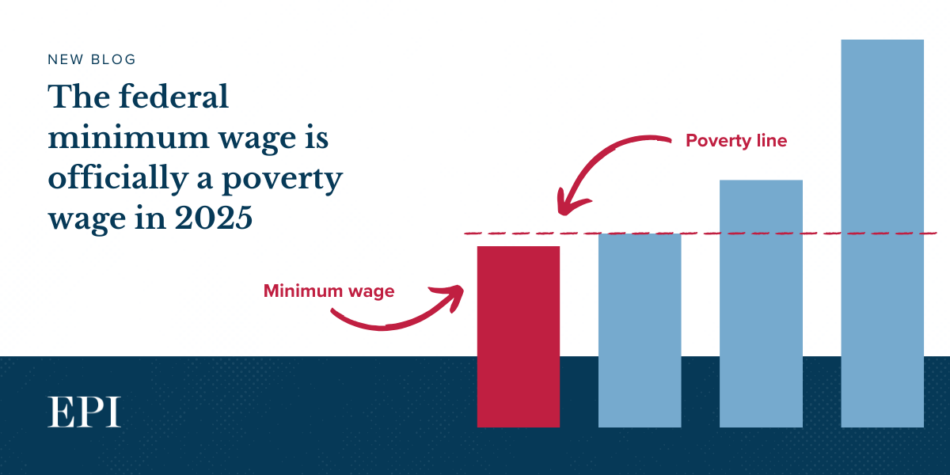A New Perspective on the U.S.-China Rivalry: Embracing Complexity Over Cold War Mentality

In the increasingly polarized atmosphere of Washington, D.C., one issue stands out as a unifying force across party lines: China. Both Republicans and Democrats are engaged in a fierce competition to assert which side can adopt a more aggressive stance toward the rising superpower. Rather than seeking to defuse tensions and avoid a potential new Cold War, many politicians seem to welcome this confrontation, finding solace in the familiar ideological battle that characterized U.S.-Soviet relations during the last century. However, this desire for a straightforward Cold War-style rivalry overlooks the unique and complex challenges that define todays geopolitical landscape.
The current alliance between the autocratic regimes of China and Russia presents a significantly different set of challenges compared to those faced during the Cold War. Key factors contributing to this new dynamic include the ideological struggle that transcends mere military posturing, the formidable economic influence of China on global markets, and the rising tide of far-right movements in both the United States and Europe. Additionally, the growing trends of isolationism and polarization within American society further complicate the international response to these developments. Although some elements reminiscent of the Cold War have returned, such as military rivalries and ideological battles, many of the features of the present-day great power competition lack direct historical parallels.
Michael McFaul, a prominent figure in American foreign policy circles and former ambassador to Russia, offers a fresh perspective on these issues in his thought-provoking new book. As an international affairs analyst for NBC News, McFaul has spent decades analyzing the intricacies of U.S. relations with both Russia and China. He challenges the prevailing narrative that frames the current geopolitical tensions as a simple extension of the Cold War paradigm. Instead, he argues that understanding our intricate modern history with these nations is essential for navigating the path forward. He emphasizes that rather than reverting to long-standing Cold War strategies, it is crucial to recognize the unique military, economic, and ideological challenges posed by China and Russia today.
McFauls work is a clarion call for a reassessment of American foreign policy, providing a compelling rebuttal to the growing consensus in Washington that suggests a return to Cold War-era tactics. His book, titled Autocrats vs. Democrats, posits that the key to success in this new era does not lie solely in overwhelming our adversaries through military might. Instead, he advocates for leveraging the oppressive nature of the regimes in China and Russia against them, showcasing the power and potential of democratic freedoms to inspire individuals around the world. By illuminating the stark contrasts between autocratic oppression and democratic liberty, McFaul argues that the U.S. can reclaim its position as a bastion of democratic ideals while effectively engaging with its rivals.
For those interested in exploring these complex dynamics further,
Thomas Fischer



























